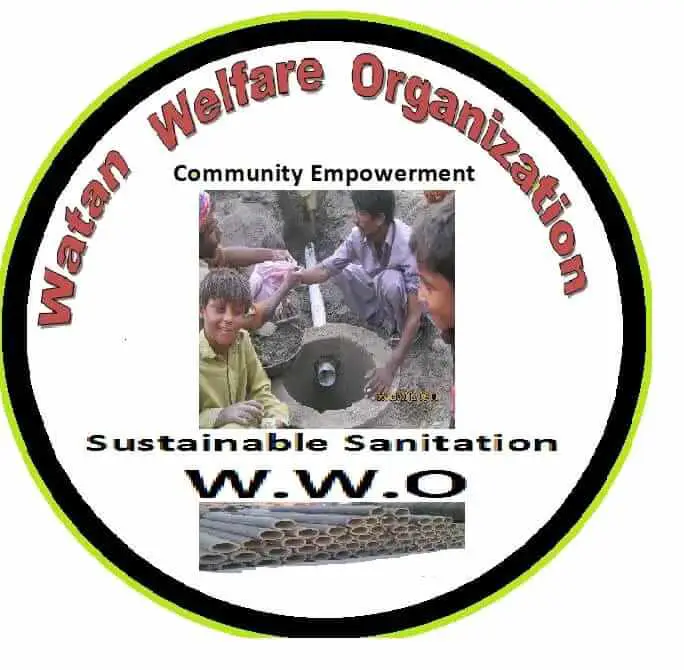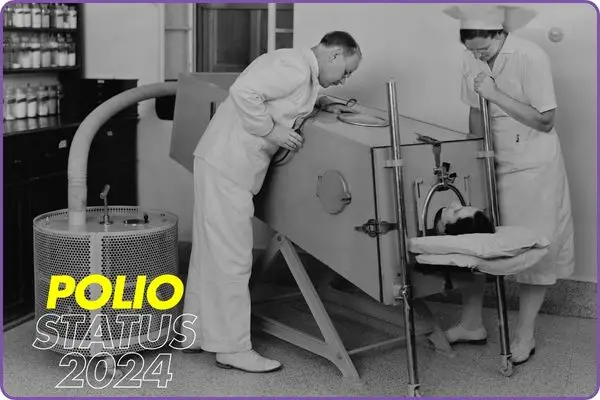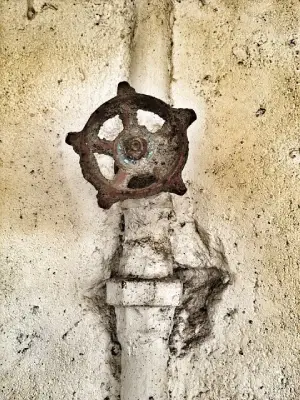Poliovirus in Lahore
Sixth Time Wild Poliovirus Detected in Lahore Sewage: A Concerning Discovery
Despite extensive vaccination efforts and global initiatives, polio remains a persistent challenge in Pakistan in 2023. Recent detections of wild poliovirus in sewage samples indicate ongoing transmission and potential gaps in immunization coverage.
Lahore’s sewage tested positive for the poliovirus on July 9th, marking the sixth detection this year. Despite vaccination efforts, the virus persists, raising serious health concerns. Health officials urge continued vigilance and immunization.

Cross-border transmission from neighboring regions adds to the complexity. Eradicating polio requires sustained vaccination campaigns, strengthened surveillance, and international cooperation.
While significant progress has been made, the presence of polio in Pakistan serves as a reminder that the fight against this crippling disease is far from over. Vigilance and continued efforts are essential to achieving a polio-free future.
In a recent development, health authorities in Lahore, Pakistan, have officially detected the presence of wild poliovirus in sewage samples from various locations in the city.
This discovery has raised concerns and questions about why the virus was found in sewage lines. Here’s what you need to know:
Why Was the Virus Found in Sewage?
- Surveillance Measure: Sewage samples have become a critical tool in the ongoing efforts to track and monitor transmission the virus. These samples are collected as part of surveillance measures to assess the presence of the virus in the environment, even when there are no reported clinical cases. This helps health authorities identify areas where the virus may be circulating silently.
- Indicator of Immunity Levels: The detection of the virus in sewage is considered a crucial indicator of the effectiveness of polio vaccination campaigns. When the virus is found in sewage, it can suggest a potential drop in children’s immunity levels within the population. Lower immunity levels make children more susceptible to the disease, even if they have been vaccinated.
- Cross-Border Transmission: In this specific case, it’s noteworthy that three out of four samples collected in Lahore have genetic links to a virus cluster originating in Afghanistan. This highlights the possibility of cross-border transmission of the virus. The WPV1 can easily cross borders, and the detection in sewage underscores the need for international cooperation to combat the disease effectively.
- Environmental Persistence: This virus can survive in the environment for an extended period, particularly in unsanitary conditions. When individuals infected with WPV1, excrete the virus in their feces, it can enter the sewage system, where it may persist. This underscores the importance of maintaining proper sanitation and hygiene to prevent virus transmission.
What Does This Discovery Mean?
The detection of wild virus in Lahore’s sewage serves as a stark reminder of the challenges that persist in the fight against polio. While significant progress has been made globally, complete eradication remains elusive, and vigilance is essential.
The recurrence of the virus in sewage samples highlights the need for continued vaccination efforts and improved sanitation infrastructure.
Health authorities, both in Pakistan and internationally, are closely monitoring the situation and conducting extensive testing to strengthen surveillance systems.
Additionally, cross-border cooperation and vaccination campaigns are crucial to preventing the spread of the virus between countries.
In conclusion, the detection of wild poliovirus in Lahore’s sewage underscores the importance of ongoing efforts to eradicate polio and the need for heightened vigilance in the face of evolving challenges.
It is a call to action for communities, health organizations, and governments to redouble their efforts to ensure a polio-free world for future generations.
In other cities in Pakistan
Type-1 Wild Poliovirus and Vaccine-Derived Poliovirus Type 3 (VDPV3) have been found in environmental samples from Dera Ismail Khan and Ghotki, Pakistan. This indicates ongoing poliovirus circulation, emphasizing the need for continued vaccination efforts and strengthened surveillance in the region.
The persistence of WPV1 in Pakistan reflects a systemic failure rooted in negligence and corruption. Vital resources meant for healthcare and sanitation have been misappropriated, hindering effective polio eradication.
Ignorance or indifference to public health concerns exacerbates the issue. It’s imperative to overhaul the system, prioritizing transparency, accountability, and genuine commitment to eradicating polio. A comprehensive, corruption-free approach is essential to protect the health of Pakistan’s children and finally put an end to this preventable disease.




